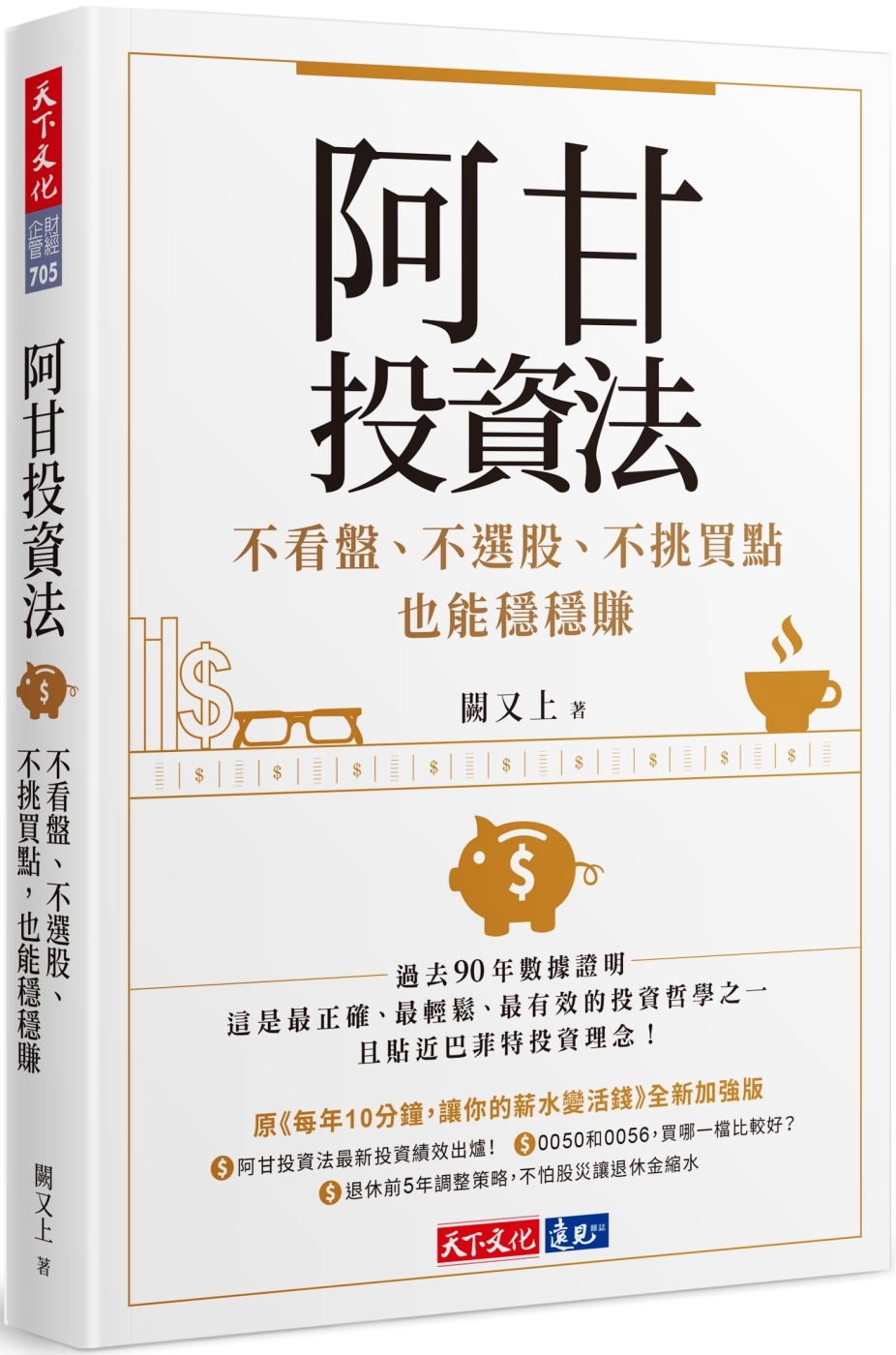| FindBook |
|
有 1 項符合
LONDON: WILLIAM HEINEMANN NEW YORK: THE MACMILLAN CO.的圖書 |
 |
$ 68 電子書 | De Officiis
作者:Marcus Tullius Cicero,Walter M. Miller 出版社:LONDON: WILLIAM HEINEMANN NEW YORK: THE MACMILLAN CO. 出版日期:2014-10-02 語言:英文  看圖書介紹 看圖書介紹
|
|
|
Example in this ebook
In the de Officiis we have, save for the latter Philippics, the great orator's last contribution to literature. The last, sad, troubled years of his busy life could not be given to his profession; and he turned his never-resting thoughts to the second love of his student days and made Greek philosophy a possibility for Roman readers. The senate had been abolished; the courts had been closed. His occupation was gone; but Cicero could not surrender himself to idleness. In those days of distraction (46-43 b.c.) he produced for publication almost as much as in all his years of active life.
The liberators had been able to remove the tyrant, but they could not restore the republic. Cicero's own life was in danger from the fury of mad Antony and he left Rome about the end of March, 44 b.c. He dared not even stop permanently in any one of his various country estates, but, wretched, wandered from one of his villas to another nearly all the summer and autumn through. He would not suffer himself to become a prey to his overwhelming sorrow at the death of the republic and the final crushing of the hopes that had risen with Caesar's downfall, but worked at the highest tension on his philosophical studies.
The Romans were not philosophical. In 161 b.c. the senate passed a decree excluding all philosophers and teachers of rhetoric from the city. They had no taste for philosophical speculation, in which the Greeks were the world's masters. They were intensely, narrowly practical. And Cicero was thoroughly Roman. As a student in a Greek university he had had to study philosophy. His mind was broad enough and his soul great enough to give him a joy in following after the mighty masters, Socrates, Plato, Zeno, Cleanthes, Aristotle, Theophrastus, and the rest. But he pursued his study of it, like a Roman, from a "practical" motive—to promote thereby his power as an orator and to augment his success and happiness in life. To him the goal of philosophy was not primarily to know but to do. Its end was to point out the course of conduct that would lead to success and happiness. The only side of philosophy, therefore, that could make much appeal to the Roman mind was ethics; pure science could have little meaning for the practical Roman; metaphysics might supplement ethics and religion, without which true happiness was felt to be impossible.
Philosophical study had its place, therefore, and the most important department of philosophy was ethics. The treatise on Moral Duties has the very practical purpose of giving a practical discussion of the basic principles of Moral Duty and practical rules for personal conduct.
As a philosopher, if we may so stretch the term as to include him, Cicero avows himself an adherent of the New Academy and a disciple of Carneades. He had tried Epicureanism under Phaedrus and Zeno, Stoicism under Diodotus and Posidonius; but Philo of Larissa converted him to the New Academy.
Scepticism declared the attainment of absolute knowledge impossible. But there is the easily obtainable golden mean of the probable; and that appealed to the practical Roman. It appealed especially to Cicero; and the same indecision that had been his bane in political life naturally led him first to scepticism, then to eclecticism, where his choice is dictated by his bias for the practical and his scepticism itself disappears from view. And while Antiochus, the eclectic Academician of Athens, and Posidonius, the eclectic Stoic of Rhodes, seem to have had the strongest influence upon him, he draws at his own discretion from the founts of Stoics, Peripatetics, and Academicians alike; he has only contempt for the Epicureans, Cynics, and Cyrenaics. But the more he studied and lived, the more of a Stoic in ethics he became.
To be continue in this ebook................................................................................................................
|










